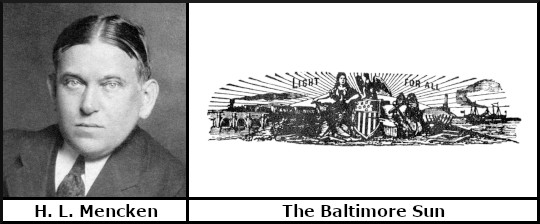Théophile Gautier? Molière? Alphonse Karr? Alexander Dumas père? A Mathematician? Prince Albert? Joseph Coyne? Honoré de Balzac?Wolfgang Amadeus Mozart? Anonymous?
Question for Quote Investigator: Operas and orchestra concerts are quite expensive productions. A deprecatory wit once grumbled about the outlays. Here are three versions:
- Of all the noises known to man, opera is the most expensive.
- Opera is the most expensive variety of noise.
- Music is the most expensive of all noises.
This thought has been attributed to the prominent French playwright Molière, but I have been unable to find a good citation. Would you please explore this topic?
Reply from Quote Investigator: The earliest match located by QI appeared in the 1845 book “Zigzags” by Théophile Gautier, a French dramatist, novelist, and critic; however, Gautier disclaimed credit and ascribed the barb to an unnamed “géomètre” (“mathematician”). Here is an excerpt in French followed by one possible English translation. Emphasis added to excerpts by QI:1
Un soir, j’étais à Drury-Lane. On jouait la Favorite, accommodée au goût britannique, et traduite dans la langue de l’île, ce qui produisait un vacarme difficile à qualifier, et justifiait parfaitement le mot d’un géomètre, qui n’était pas mélomane assurément. — La musique est le plus désagréable et le plus cher de tous les bruits. — Aussi j’écoutais peu, et j’avais le dos tourné au théâtre.
One night I was at Drury Lane. The opera was La Favorite, adapted to the British taste and translated into the language of the island. This produced a din that is difficult to categorize, and perfectly justified the quip of a mathematician, who was certainly not a music lover. — Music is the most unpleasant and the most expensive of all noises. — So I listened little, and my back was turned to the theater.
Molière (pen name of Jean-Baptiste Poquelin) died in 1673, and the earliest linkage of the playwright to the saying found by QI appeared many years later in 1956. Details are given further below.
Here are additional selected citations in chronological order.
Continue reading “Quote Origin: Music Is the Most Unpleasant and the Most Expensive of All Noises”